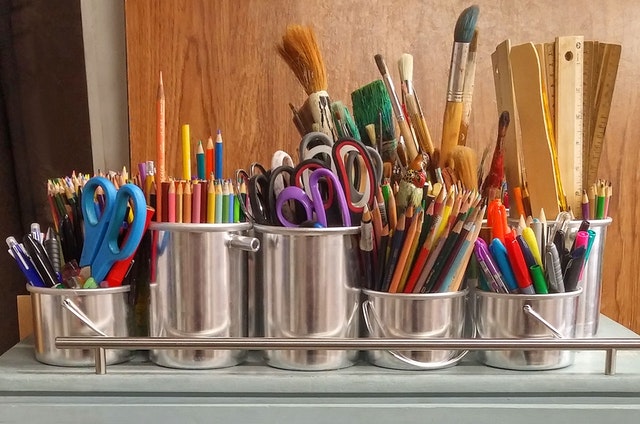The days are getting longer and the temperature is rising – slowly. Spring is almost here. As the cold of winter begins to leave, our attention begins to turn to the warmth and work on Spring. The work of Spring? Those chores and jobs we promise to complete every Spring. This year try to incorporate all family members in completing jobs
Everyone can participate in giving the house, yard, and dreaded garage a little Spring pick-me-up. Simple parts of a more complex task provide your loved one the sense of accomplishment and participation.
Laundry, of which there is a never ending supply, is a wonderful task for have your loved one to help. Matching socks and separating clothes into different piles (ie: shirts, pants, towels, etc) or folding simple items like towels are great ways to incorporate everyone in this task. Think of the language involved as well – naming the clothes, learning back and front, naming the fasteners on the clothes; language is truly everywhere!
Sweeping or vacuuming, tasks that surprisingly are exciting for some of our loved ones. Adapted the handle on the broom so it is not too long and have your loved one help clean up the floors. Practice ‘dancing’ with the vacuum cleaner and before long these tasks will become old hat. Remember all that language – floors versus ceilings, back and forth, clean, dirty – all language concepts that build your loved ones language foundation.
Let’s not forget the work outdoors. When the sun is shining and even when it’s cloudy, work seems less “work” when your outside. Pulling weeds or raking are wonderful tasks your loved ones might enjoy. Picking up twigs or rocks and putting them in buckets are tasks that may seem uneventful, however you never know what your loved one might really enjoy. And talk about language!
Cleaning out the garage. It sounds crazy but given a very specific job, your loved one can participate in getting it ready for the Spring and Summer. Stacking flower pots or moving lawn bags or practicing using the broom outside are all ways your loved one can participate (and yes, use and learn language).
Working as a team, you and your loved ones can accomplish great things!
Yours in Speech,
Lakeshore Speech Therapy, LLC.







